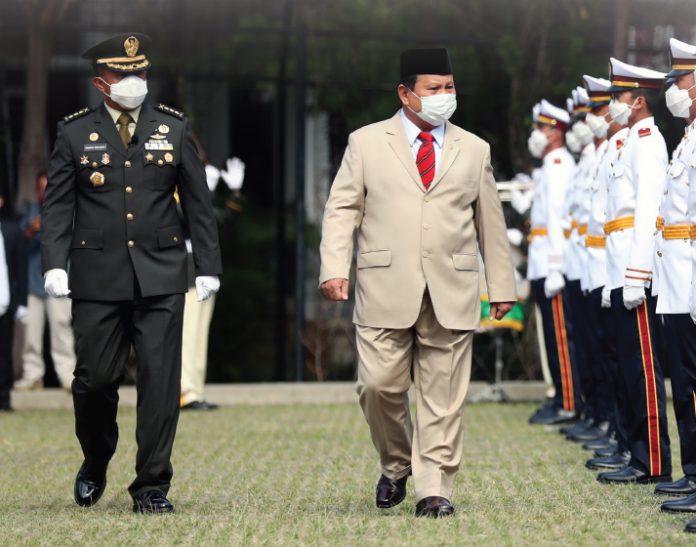Courage is an absolute essential for a soldier, encompassing both physical and moral aspects. Physical courage is the ability to overcome fear in the face of danger, while moral courage involves standing by one’s beliefs even if it means risking one’s rank and position. Courage is crucial for making tough decisions in risky situations, and without it, a military leader cannot succeed. A leader must also have a prominent and benevolent personality, exemplified by qualities such as honesty, humility, sacrifice, and the ability to put others before themselves. These qualities are reflected in the eight personal traits known as hasta brata, drawn from Indonesian forefathers.
Loyalty is another key trait for a military leader, encompassing loyalty to the country, the nation, and the people. A true leader is committed to their organization and dedicated to their comrades and subordinates. Professional skills are also essential for a successful leader, requiring mastery of their field and the ability to lead effectively at all levels. Passion is a driving force for a military leader, fueling their actions and determination to achieve victory.
Leadership philosophy plays a significant role in guiding a leader’s decisions and actions. The 11 Principles of TNI Leadership, as outlined by Prabowo Subianto, emphasize the importance of prioritizing the country, the nation, and the armed forces above personal interests. Physical fitness is crucial for a military leader, as is their presence at critical moments and places. Forward-thinking, creativity, and the ability to adapt to change are also vital traits for effective leadership.
In conclusion, successful military leadership requires a combination of courage, personality, loyalty, professionalism, passion, and a strong sense of responsibility. By embodying these traits and principles, a military leader can inspire and lead their troops to victory in the face of challenges and adversity.


